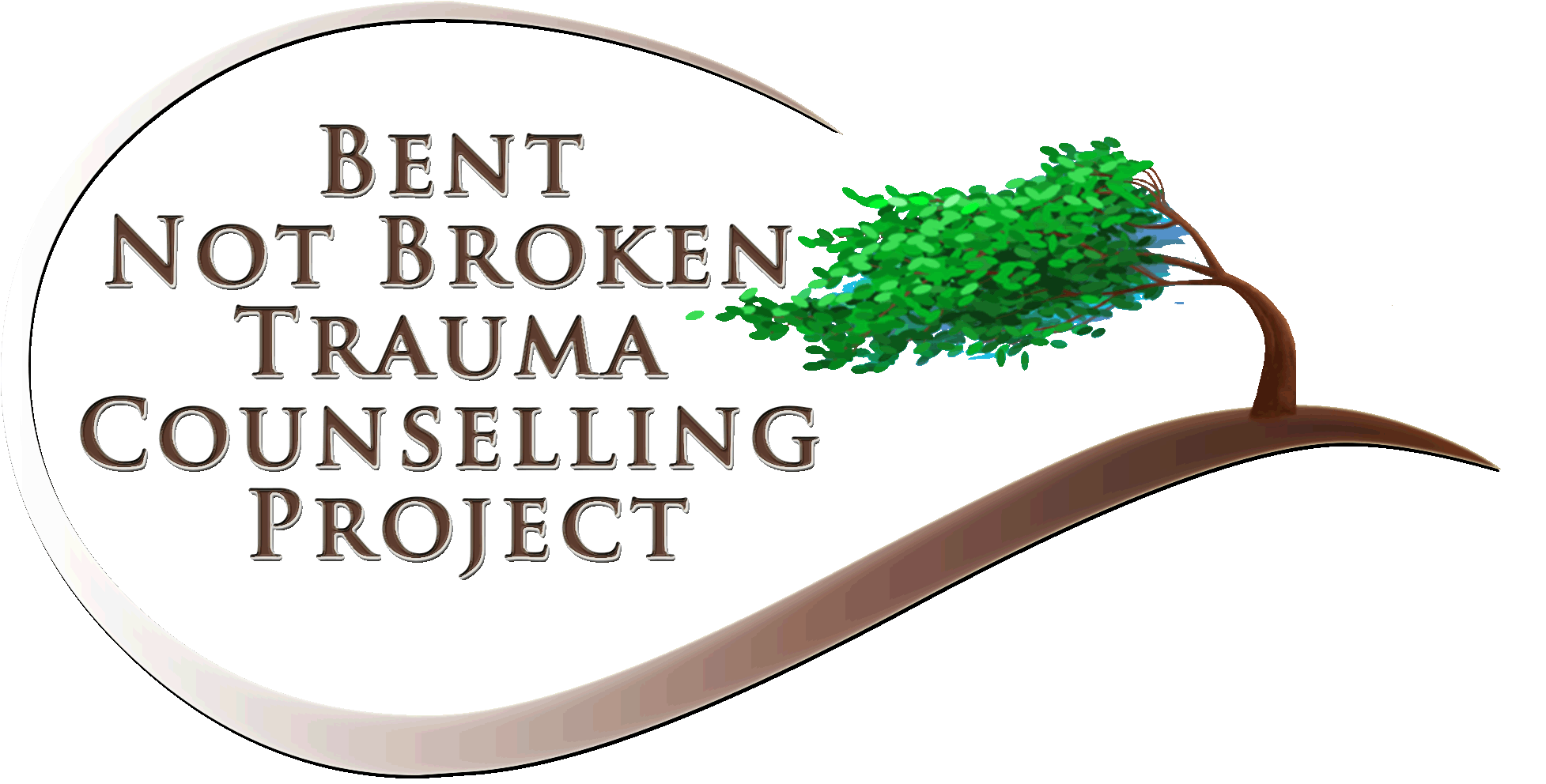
Start your journey to healing and call or email:
Mob:
07768688487
Email:
Feeding Related Trauma
Trauma Relating To Breastfeeding
Breastfeeding is the physiological norm for nourishing children. Research is clear that breastfeeding confers many benefits on mother and child and, consequently, it is very important to many parents that their baby receives breast milk as their primary source of food.
For many parents whose child has been admitted to NICU, feeding can be problematic when their baby is unable to feed as expected.
For other parents, breastfeeding can become equally difficult for many reasons.
Not being able to feed one's child in the way you consider most beneficial can become distressing and traumatic. Other options may appear to solve the problem, but they are not the solution that you envisaged or wanted for your baby.
For the breastfeeding parent, this can result in anxiety, worry, hypervigilance, worrying their baby will become ill, fail to thrive or even die. In some cases, there is significant misinformation about breastfeeding, a lack of practical support and huge pressure to stop that can make the whole situation much worse for breastfeeding parents. Intense feelings of failure and uselessness can result that can contribute to the development of trauma.
For partners, there can be equal worry about the well-being of your child coupled with feelings of helplessness and failure at having to stand by and watch someone you love struggle and become more and more distressed.
The Bent, Not Broken Project recognises this as a source of trauma for some parents and offers therapy should you feel that would be beneficial.
Trauma Relating To Non-Breast Baby Feeding
Not all babies are breastfed for many different reasons.
Some babies are bottle fed and some may have more complex requirements and may need to be tube, spoon or cup fed.
Trauma may manifest if this is not how you envisaged feeding your baby and especially where your child has other health concerns and there is anxiety around their health, nutritional status, weight gain, development and growth.
It can result in constant worry, anxiety and hypervigilance in that, as a parent, you must be doing everything 'right' all the time. That if your baby continues to have feeding concerns then this must be your fault in some way. For some parents, there is a constant fear that their baby might die because, as a parent, you're not giving them enough to eat even though another part of you recognises this is not true.
All of this can result in symptoms of trauma and even of PTSD:

If you are experiencing symptoms like these, do see your GP at there may be additional treatment, help and support available to you. Do feel free to contact the Project to discuss your individual therapy needs.